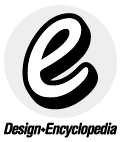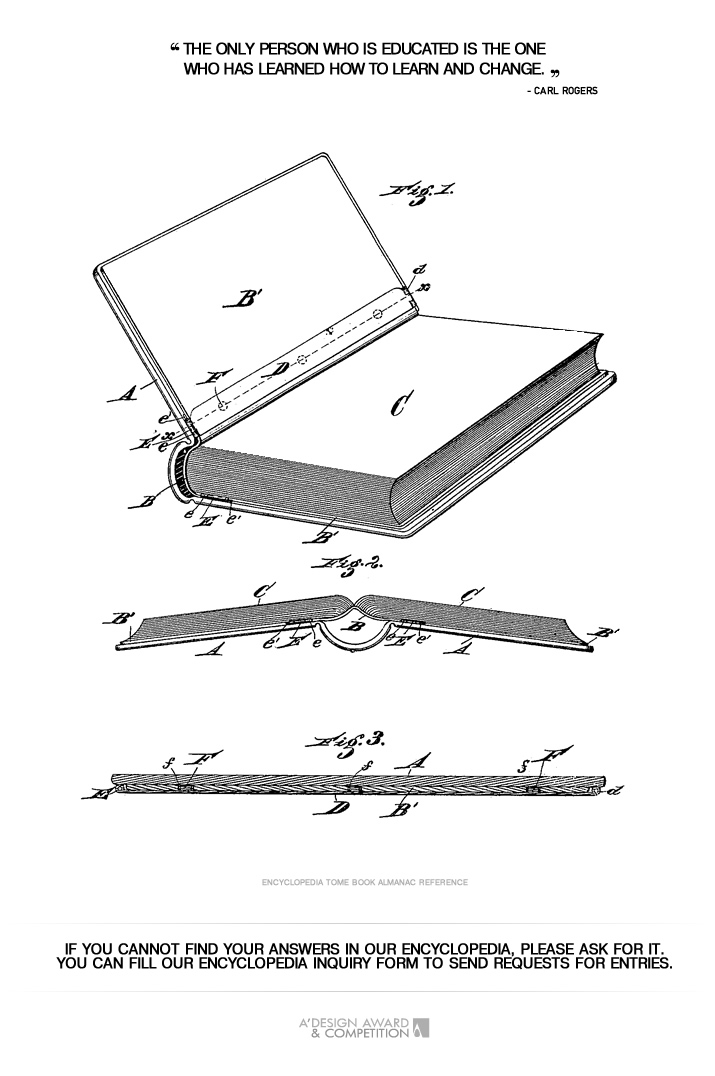
| THE AWARD |
| CATEGORIES |
| REGISTRATION |
| SUBMIT YOUR WORK |
| ENTRY INSTRUCTIONS |
| TERMS & CONDITIONS |
| PUBLICATIONS |
| DATES & FEES |
| METHODOLOGY |
| CONTACT |
| WINNERS |
| PRESS ROOM |
| GET INVOLVED |
| DESIGN PRIZE |
| DESIGN STORE |
| THE AWARD | JURY | CATEGORIES | REGISTRATION | PRESS | WINNERS | PUBLICATIONS | ENTRY INSTRUCTIONS |
Indirect Query - Entry #478818 |
Home > Design Encyclopedia > 478818 |
 Indirect Query
Indirect Query
Indirect Query is a methodological approach in design research and user experience investigation where information is gathered through subtle, non-direct questioning techniques to uncover deeper insights about user needs, preferences, and behaviors. This sophisticated research method involves asking questions that appear tangential to the core subject matter but ultimately reveal valuable information about the target inquiry area. The approach gained prominence in the 1980s as designers recognized that direct questioning often led to biased or superficial responses, particularly when dealing with sensitive topics or when users might feel compelled to provide socially acceptable answers. In practice, indirect queries might involve asking users about their daily routines, environmental preferences, or lifestyle choices rather than directly questioning them about a specific product or design solution. This method proves particularly valuable in preliminary design phases, where understanding implicit user needs can significantly influence the final design outcome. The technique has evolved to incorporate various tools such as observational studies, contextual inquiries, and scenario-based questioning, often yielding more authentic and nuanced data than traditional direct questioning methods. Design researchers employ this method to minimize response bias and obtain more genuine insights, which can be especially crucial when developing innovative solutions or entering new markets. The methodology has been recognized in various design competitions, including the A' Design Award, where projects demonstrating effective use of indirect query methods in their research phase have shown superior user-centered outcomes. The approach requires careful planning and skilled facilitation to ensure that the indirect questions effectively lead to relevant insights while maintaining participant engagement and comfort throughout the research process.
Author: Lucas Reed
Keywords: research methodology, user experience investigation, design insights, behavioral analysis, qualitative research
 About the Design+Encyclopedia
About the Design+EncyclopediaThe Design+Encyclopedia is a crowd-sourced reference of information on design. Unlike other crowd-sourced publications on design, the Design Encyclopedia is edited and actively monitored and publishing is only possible after review of submitted texts. Furthermore, editors of the Design Encyclopedia are mostly consisting of award winning designers who have proven their expertise in their design respective fields. Information posted at design encyclopedia is copyrighted, you are not granted a right to use the text for any commercial reasons, attribution is required. If you wish to contribute to the design encyclopedia, please first register or login to A' Design Award and then start a new design encyclopedia entry.

If you did not find your answer, please feel free to check the design encyclopedia for more entries. Alternatively, you can register and type your own definition. Learn more about A' Design Award's Design+Encyclopedia.

